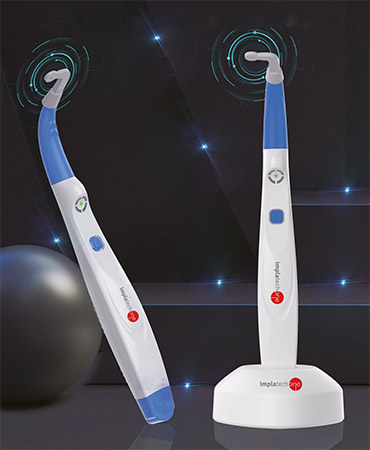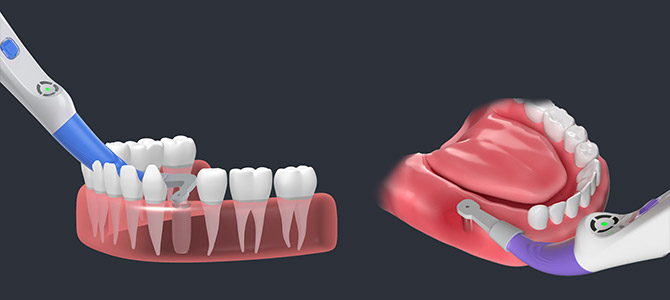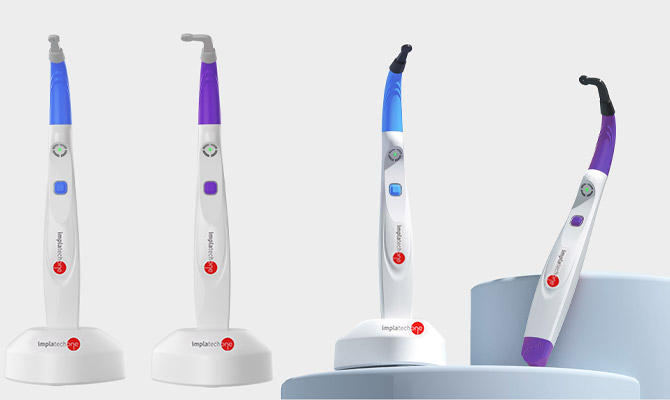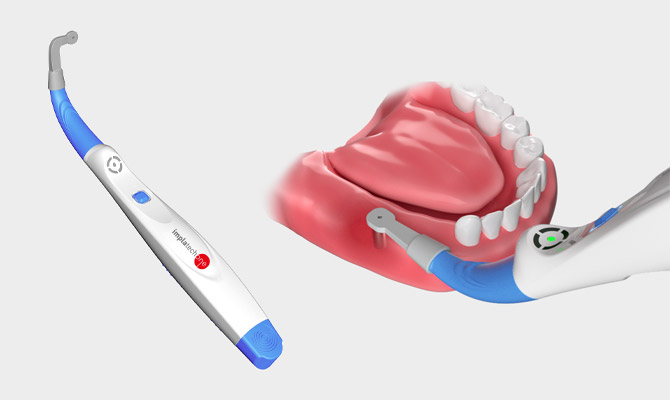IMPLANT DETECTOR

Three Dimensional Implant Detector
Simple – Simplfy procedures in complex situations
Accurate – The implant can be easily detected regardless of its position or angle
Reliable – More effective than X-ray
Effective – Suitable for various titanium implant systems
Sterilizable – The detachable sensor can be easily sterilized
Safety – Less surgical trauma and postoperative complications, faster healing time
Comfort – Ergonomics, designed for better grip
Traditional Surgery vs Minimally Invasive Surgery
Traditional Surgery: Difficult to locate by touch, not precise, might require cutting and sewing a big wound, long healing period, bad experience for patient
Minimally Invasive Surgery: Accurately locates the implant screw, small wound with minimal bleeding, no extra sewing. Quick healing, better patient experience.
EASYDO 3D Implant Detector
Simple. Refined. Effective.
EASYDO 3D Implant Detector is a high-precision and user-friendly medical device that helps to precisely detect implants during implant surgery. It provides real-time stability, making implant placement faster, more accurate and less invasive.

Highlights
- User-Friendly Interface
With its simple design and easy-to-use maintenance, it offers a system that every physician can easily adapt to. - Real-Time Bead
Implant parameters are determined instantly during the procedure; Elimination of false information. - Minimum Intervention in Surgery
Accelerate the healing process by making gum cutting and other traumatic procedures unnecessary. - Precise and Reliable
The system, which collapses with stereotactic technology, determines the integrity of the implant in the bone with millimeter accuracy.

Why EASYDO?
Shorter Treatment Time
Comparing two treatments with traditional implant treatment provides more effective results in a single stage.
Patient Comfort
Less pain, faster recovery, more satisfied medications.
Physician Efficiency
Time is saved in clinical studies, working hours are reduced, and the number of people per patient increases.

